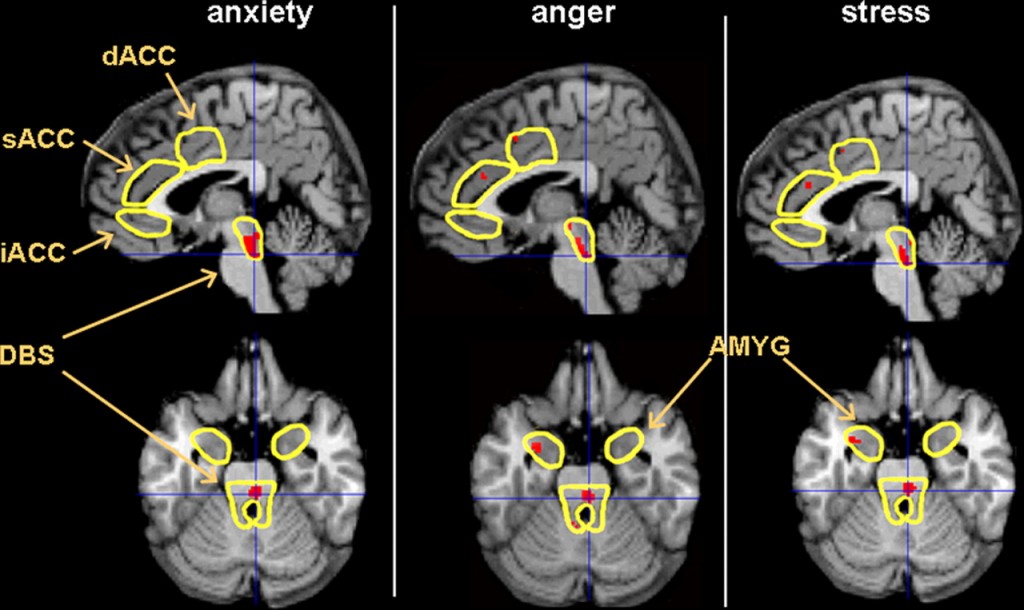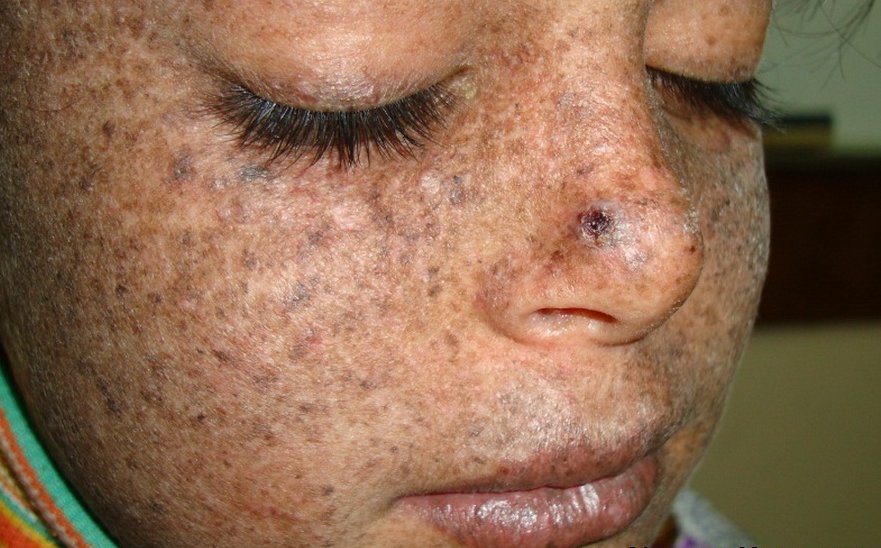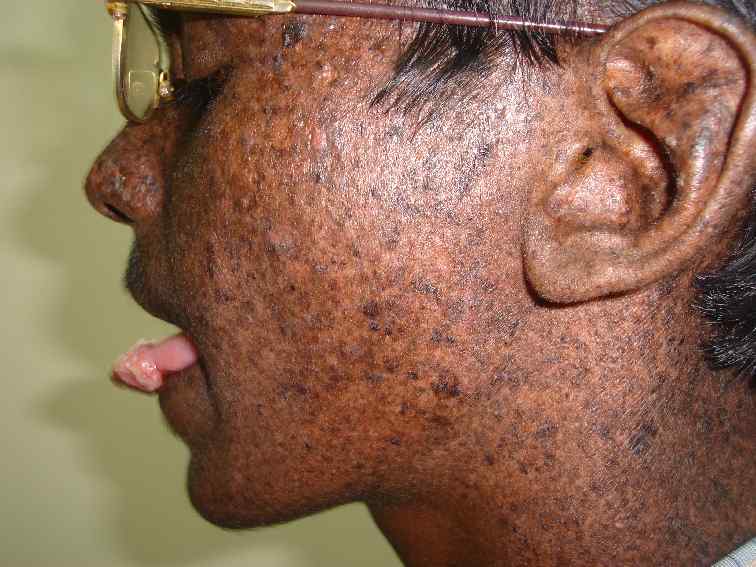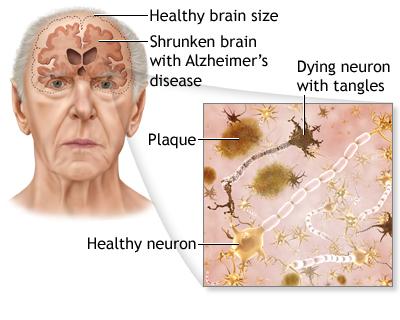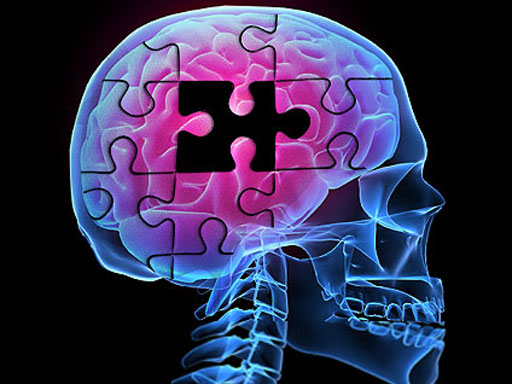A new study found out that anxious brains are hereditary. What does this tell us? This tells us that we might inherit our parent’s temperament. According to researchers at the University of Wisconsin-Madison lead by Dr. Ned Kalin, anxiety is explained by our family’s history.
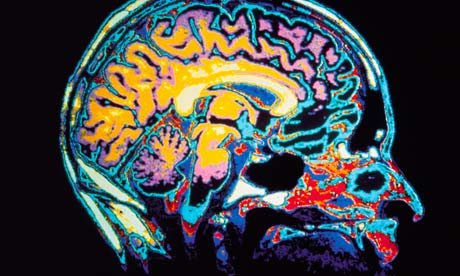
The study was presented in the journal Proceedings of the National Academy of Sciences on July 6, 2015. The researchers focused their attention on rhesus monkeys. Rhesus monkeys were chosen because like us, they have this “anxious temperament”.
What were their findings? Here’s a peak:
- Early temperament: 50 percent of kids with anxious temperaments have high risk of developing mental disorders later in their lives. Dr. Kalin and his colleagues are trying to figure the basis of the temperament and hope to develop prompt interventions that can shove kids away from depression and other anxiety problems.
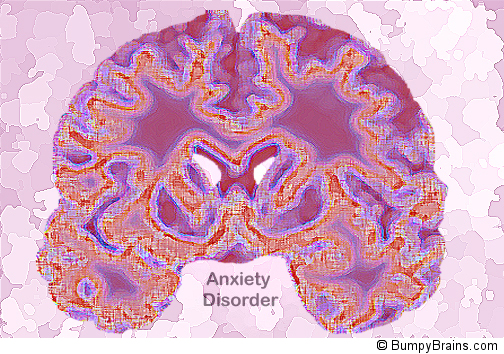
- Anxious brains: Since the researchers know how monkeys are related in their study, they were able to track the inheritance of such anxious behaviours with the use of their family tree. Dr. Kalin and fellow researchers found out that 35 percent could be explained by genes passed down by fathers and mothers.
The study leads Dr. Kalin and his colleagues to believe that we inherit overactivity from our parents. This overactivity may leave us susceptible to develop anxiety and depression later in our lives. However, 70 percent of anxiety and depression variations are not genetic – which means there is hope for intervention and treatment.
This study makes sense when we hear our mother or father say “you are your mother’s daughter” or “you are your father’s son”. Now we are one step closer in understanding our anxious brains. It is crucial that we understand it because there are many Singaporeans who are one.
